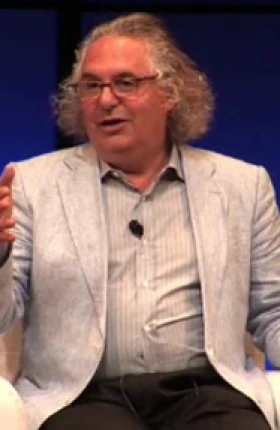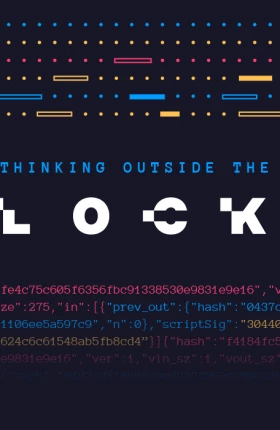In the digital era, the demand for trust is skyrocketing. So how does a company design a digital architecture to build trust among its stakeholders?
Francis Fukuyama once described trust as “the single most important commodity that will determine the fate of a society.” Certainly, trust is a critical commodity for business. This is even truer as new technologies change the nature of commerce and usher in the next digital era.
By far, the biggest economic impact of digital technology has been the massive erosion of transaction costs. Google, e-commerce, globally integrated supply chains, social networks—all are manifestations of what is possible when the traditional barriers to search, contracting, auditing, restitution, comparison, and connection are removed.
However, one stubborn “transaction cost” remains: trust. If anything, it is becoming even more of a barrier to digitization, exacerbated by the many reasons to distrust technology itself. In theory, digitization should facilitate small transactions among previously unrelated counterparties, but the lack of mutual trust limits that immense expansion of commerce.
As more and more transactions and social interactions move online, the demand for trust is burgeoning. Blockchains , touted as the tech solution, address only part of the problem: the need for a trusted intermediary database. But it is end-to-end trustworthiness that matters to transactors. And that requires systemic engineering of trust across the entire value or supply chain, what we call a digital trust network (DTN).
Trust is quite complex, and we count seven practical mechanisms by which the various forms of trust are nurtured—or its deficiency managed. When embedded in technology, these mechanisms organize themselves into what software engineers would recognize as a “stack”: a modular and interoperable architecture in which some functions serve as enabling platforms for others. Often these functions are performed by intermediaries that are themselves in the business of being trusted.
As digital technology advances, the cost, effectiveness, and scalability of some mechanisms are improved more than others, driving substitutions—for example, constraint mechanisms such as firewalls, anonymity, and escrow substitute for authority. In addition, data control becomes both more powerful (through heightened monitoring) and controversial (as privacy concerns grow). For intermediaries, this opens the possibility of new business opportunities as well as disruption. For counterparties, it offers the possibility of smaller, safer transactions based on weaker ties. Even the internal structure of an organization can be thought of as a set of mechanisms for engineering or managing trust; and as a result, radically new possibilities are emerging.
By understanding how technology will change the mechanisms, scale, and scope of trust, leaders can begin to redesign their organizations , systems, and ecosystems. The digital trust network is a framework for beginning that task and seizing a huge new basis of competitive advantage.











